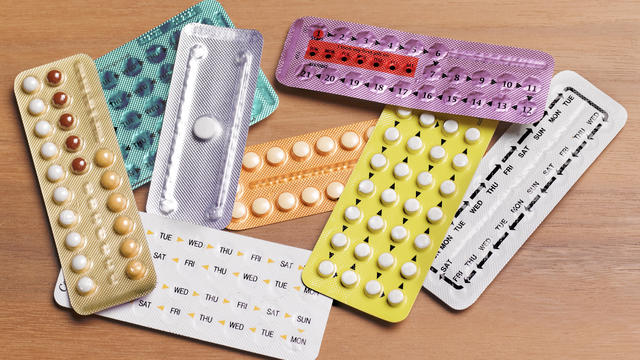France will soon offer free contraception to women under 25

France will soon offer free contraception to women under 25
France will start offering free contraceptives for young women next year to help with the financial costs of protecting against pregnancy, French Health Minister Olivier Véran announced on Thursday.
Véran said women under the age of 25 would not be charged for appointments, tests or other medical needs related to birth control starting January 1, 2022.
Last year, the government made contraception completely free, regardless of insurance, to girls under 15 for the first time, after previously offering it for ages 15 to 18, as part of a bid to end underage abortions. Abortions have been free for all women and girls in the country since 2012.
“It is intolerable that young women cannot protect themselves, cannot have contraception if they choose to do so because it is too expensive for them,” Véran said on France 2, a public broadcaster, adding that the government noticed a decline in the use of contraceptives among some young women because of the cost.
The age of 25 was chosen as a threshold because it’s an age in which more “autonomy” is assumed in terms of “social and financial” development, Véran said, and because 25 is the age people in France are no longer covered by their parents’ health insurance.
“This is very positive,” said Suzy Rojtman, a spokeswoman for Le Collectif National pour les Droits des Femmes, a French women’s rights nonprofit. But she said it should not be used by politicians as a “loophole to avoid increasing [the] abortion time limit” in France, which is currently between 12-14 weeks of pregnancy.
While this measure has been applauded by many French medical organizations, French legislator Albane Gaillot notes that financial cost is not the only obstacle to contraception use.
“There is a lack of information regarding contraception use, but more importantly regarding sexuality and its implications. There needs to be better communication and information about the different contraceptives available to women and the possibility to access doctors that will help women choose an option that suits them.”
The measure will cost the government about 21 million euros, or almost $25 million, per year, Véran said.
Several European countries, including Germany, Belgium, the Netherlands and Norway, make contraception free for teens. Under Britain’s National Health Service, several forms of contraception are available free.



